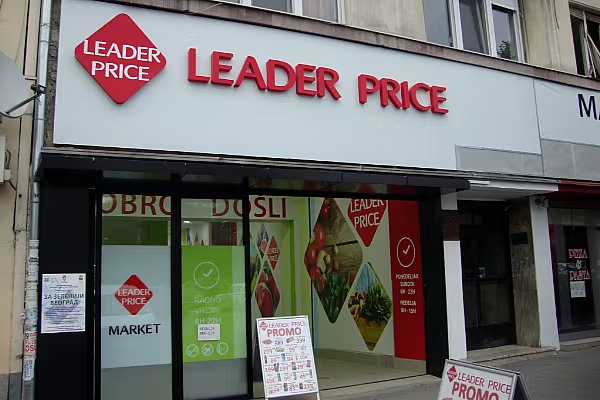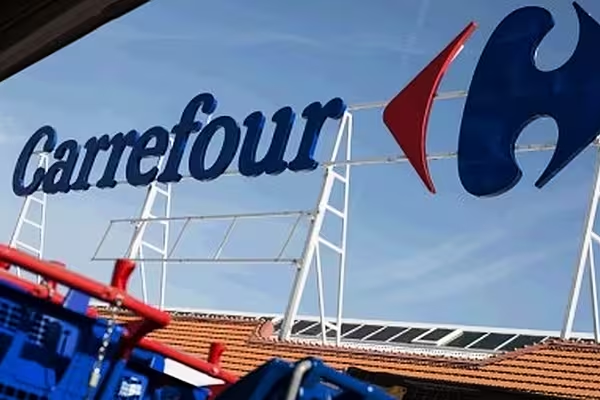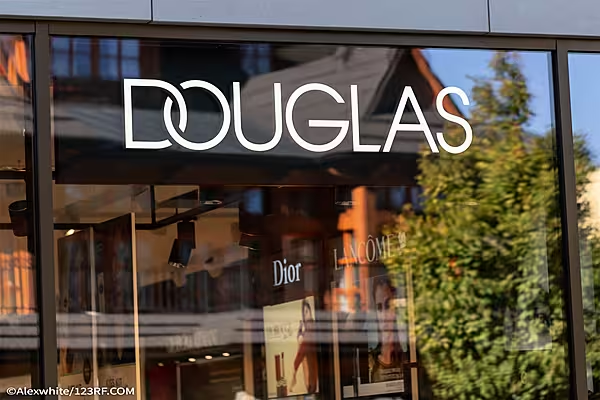Analysis by global insight firm IRI of the supermarket price wars in France highlights key lessons for both retailers and manufacturers in other European countries, including the UK, Spain and Italy, where they are currently experiencing deflation or stagnation in grocery products and the early stages of a price war.
According to IRI’s Point of View ‘FMCG Price War in France – An Overview and Lessons for other European Countries’, the findings suggest that lowering prices may not bring the increased volume sales and improved performance that retailers and manufacturers expect.
Since the beginning of the price war, deflation has reached around 2.6 per cent in hypermarkets and supermarkets, but has had no impact on volume consumption overall in France. Neither has the performance of retailers been affected by their level of involvement in the price war. The likely reason for this is that price is not the strongest sales lever, according to IRI; the findings indicate that an expanded offering has the greatest impact on performance, followed by promotion, then finally price.
So far, the price war in France has meant all sectors have had to drop their prices, with a particularly sharp deflation in cleaning products and hygiene/beauty. These sectors were both on a declining path, but deflation – in combination with promotion – has successfully boosted sales.
Lower prices have also encouraged consumers to reconsider and adopt national brands. Price deflation has only affected national brands in France, reducing the competitiveness of private label. This has driven the trend to upgrade, as consumers invest what they save back into their everyday purchasing. While deflation reached 1.3 per cent in 2014, the price of a shopping basket increased 0.3 per cent.
While shoppers have been the short-term winner in France’s price war, they could end up the loser in the long-term, argues IRI. The price war may impact assortment size – reducing choice for consumers, levels of innovation and leading to lower quality products as manufacturers strive to maintain their margins.
IRI noticed that in the Netherlands the price war, which took place 10 years ago, has impacted the level of assortment and of innovation.
A significant change brought about by the price war in France is that retailers’ purchasing organisations have formed partnerships, which means that manufacturers now have to negotiate with four purchasing groups, representing 90 per cent of the French distribution, instead of seven, but it is too early to measure the impact.
Jacques Dupré, IRI’s insight director and author of the report, commented: “There’s no escaping a price war – but there are opportunities for growth. The price drop of 1.3 per cent over 2014 returned about €1 billion to the pockets of French shoppers, representing less than €3 per month per household."
This was enough to increase their confidence in the purchase process and trust in retailers, however they feel reassured that retailers are giving them reasonable prices, he said.
"Retailers and manufacturers should work together to make the most of the opportunities this presents, with a shared approach to reviewing ranges, price positioning of products and innovation.”
© 2015 European Supermarket Magazine – your source for the latest retail news.














